Using historical scholarship
There is a long tradition of history teachers using historical scholarship whether to shape their enquiry questions using real questions that academic historians pursued, to gain new knowledge for enriching lessons or simply to keep inspiring the passion that fired their first love of history so that they can display it to pupils in the classroom itself. A tradition within this is the curriculum component ‘Interpretations’ - a sustained fixture of England’s national curriculum for history since 1991 which has spawned its own tradition of shared practice, research and debate. If you want to find out specifically about ‘Interpretations of history’, where there will be much reference to historical scholarship, go to Interpretations. Read more
-

Film: What's the wisdom on... Historical Interpretations
ArticleClick to view -
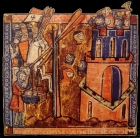
Getting medieval (and global) at Key Stage 3
ArticleClick to view -
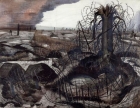
Helping Year 9 explore the cultural legacies of WW1
ArticleClick to view -
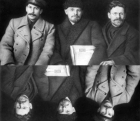
Historical scholarship and feedback
ArticleClick to view -

Historical scholarship, archaeology and evidence in Year 7
ArticleClick to view -

How do you construct an historical claim?
ArticleClick to view -
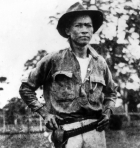
How introducing cultural and intellectual history improves critical analysis in the classroom
ArticleClick to view -

How my interest in what I don't teach has informed my teaching and enriched my students' learning
ArticleClick to view -
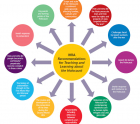
How ‘good’ are Key Stage 3 textbooks in supporting the teaching of the Holocaust?
ArticleClick to view -

Interpretations and history teaching
ArticleClick to view -

Is it time to forget Remembrance?
ArticleClick to view -

Making reading routine
ArticleClick to view -
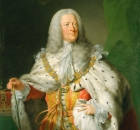
Making sense of the eighteenth century
ArticleClick to view -
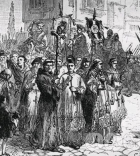
Marr: magpie or marsh harrier?
ArticleClick to view -

Meeting the historian through the text
ArticleClick to view -

Modelling the discipline
ArticleClick to view -

Move Me On 162: Reading
ArticleClick to view -

Move Me On 182: thinks that substantive knowledge is all that matters
ArticleClick to view -

Narrative: the under-rated skill
ArticleClick to view -

New, Novice or Nervous? 154: Using historical scholarship in the classroom
ArticleClick to view

